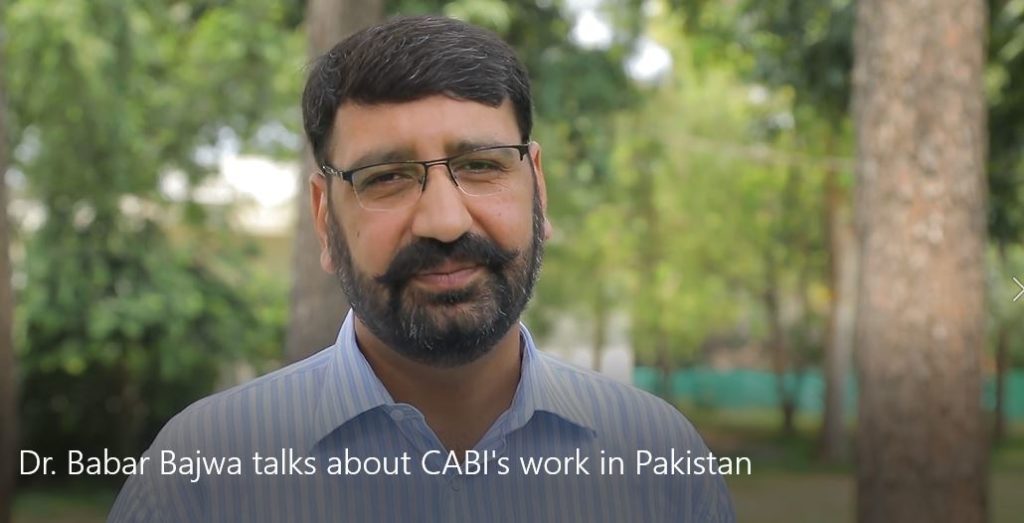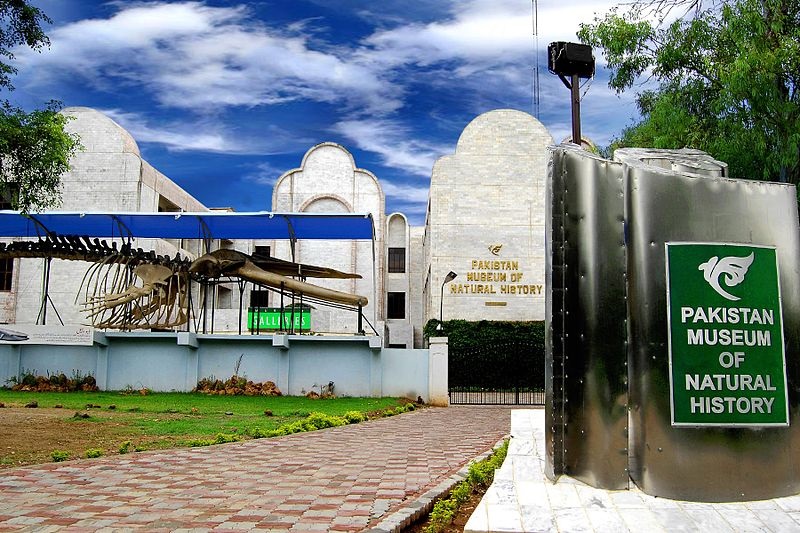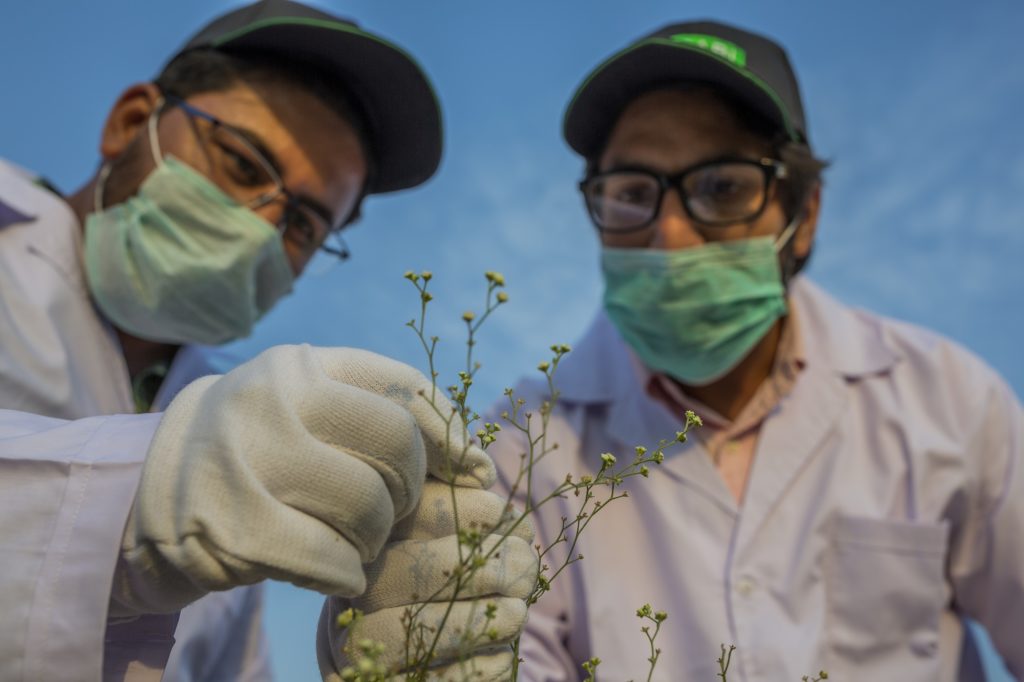Improving smallholder farmers’ livelihoods and food security through insects for feed
By Solomon Agyemang Duah, Communications Specialist at CABI based in Ghana Poultry farming is practised by almost all smallholder farmers in West Africa but feed and in particular protein sources are becoming increasingly expensive thereby, affecting meat and egg production, reducing family incomes and, ultimately, putting food security at risk. Fish farmers are suffering a…
Video special: Dr Babar Bajwa talks about CABI’s work in Pakistan
In this video special Dr Babar Bajwa, CABI’s Regional Director – Central and West Asia, talks about CABI’s work towards helping partners achieve the UN Sustainable Development Goals – including ‘Zero Hunger’ and ‘No Poverty’ – in Pakistan. This includes reaching out to smallholder farmers with expert advice on integrated crop and pest management practices so they are better…
Embracing change – how family farmers can face the future
This year opens the Decade of Family Farming, which aims to improve the life of family farmers around the world. In an earnest discussion, two leaders in the global agriculture community reflect on the challenges facing family farmers, the promises of high- and low-tech solutions, and their hopes for the future. A conversation between Dr…
Engendering a more profitable cotton industry for Pakistan through female empowerment
CABI is helping to engender a more productive and profitable cotton industry for Pakistan through the training of more than 57,000 farmers and farm workers – including these women picture above – as part of the Better Cotton Initiative. The Pak Mission Society teamed up with CABI in the Tehsil Khipro, District Sanghar of Sindh…
CABI’s publishing business strengthens partnerships with China
CABI’s publishing business has been busy strengthening partnerships in China by showcasing the benefits of its range of print and online products and services to Chinese clients and partners, and exploring opportunities of further collaboration with the Chinese Academy of Agricultural Sciences (CAAS) in Beijing. Dr Andy Robinson, CABI’s Managing Director, Publishing, led a delegation…
CABI helps Pakistan Museum of Natural History showcase scourge of noxious parthenium weed
CABI in Pakistan is helping the Pakistan Museum of Natural History (PMNH) showcase the scourge of the noxious parthenium weed, otherwise known locally at ‘Gajar Booti’, to members of the public visiting its Bio Gallery exhibit. Parthenium is regarded as one of the major threats to native species, environment and ecosystems in more than 48…
Guest blog: ‘Keeping in mind the real use of our research’
In this guest blog, Dr Haseeb Md. Irfanullah discusses the findings of a recent workshop he was a rapporteur of in Bangladesh on the potential impact on policy and practice of agricultural research in the country. A research system is basically made up of four components: accessing, conducting, communicating, and utilizing research. While we often…
In the frame: fighting the scourge of parthenium weed in Pakistan
CABI has recently shared its expertise in a new parthenium evidence note which highlights a list of recommendations to fight the highly-invasive weed can cause severe allergic reactions in humans and livestock, may harbour malaria-carrying mosquitoes, displace native plant species and reduce pasture carrying capacities by as much as 80% to 90%. In this picture…
Phytosanitary Risk Management team share expertise at ESCON 2019
An entomologist from CABI’s Phytosanitary Risk Management (PRMP) team has participated in the International Conference on Environmental Toxicology and Health (ESCON 2019) held in Islamabad, Pakistan. Muzammil Farooq, representing the PRMP team, participated in the event – organized by the Department of Environmental Sciences, COMSATS University (CUI), Vehari campus – by giving a presentation entitled…
Reaping the harvest: Sustainable tea production in India picture special
Recently CABI scientists revealed that India’s tea – which accounts for around 27 percent of the world’s tea production and where in 2016 exports of 232.9 mn kg were worth Rs 4,493 crore, could be protected from devastating crop pests with more environmentally-friendly and sustainable biological controls rather than an over reliance on pesticides. In…
- « Previous
- 1
- 2
- 3
- 4
- Next »








